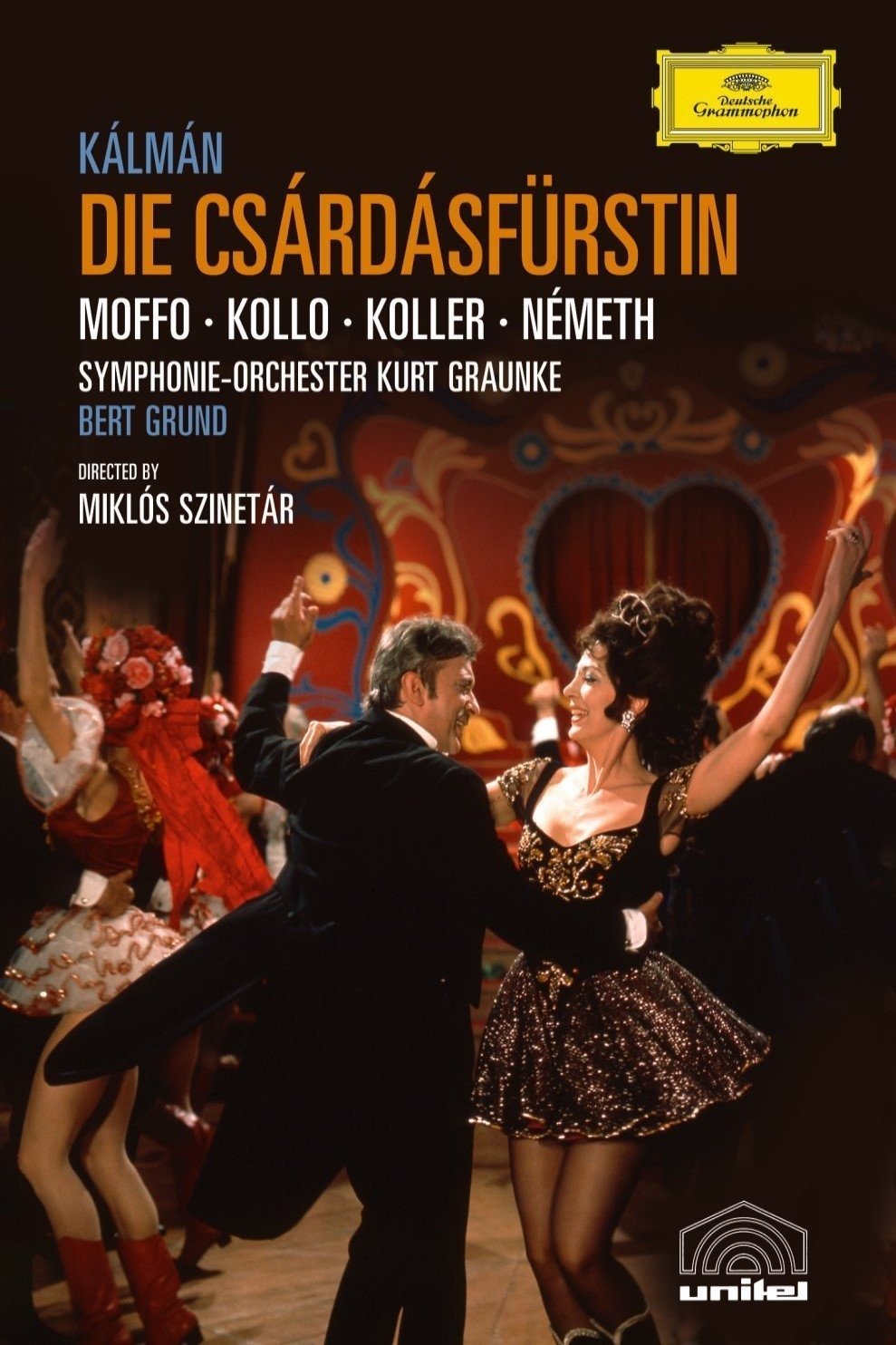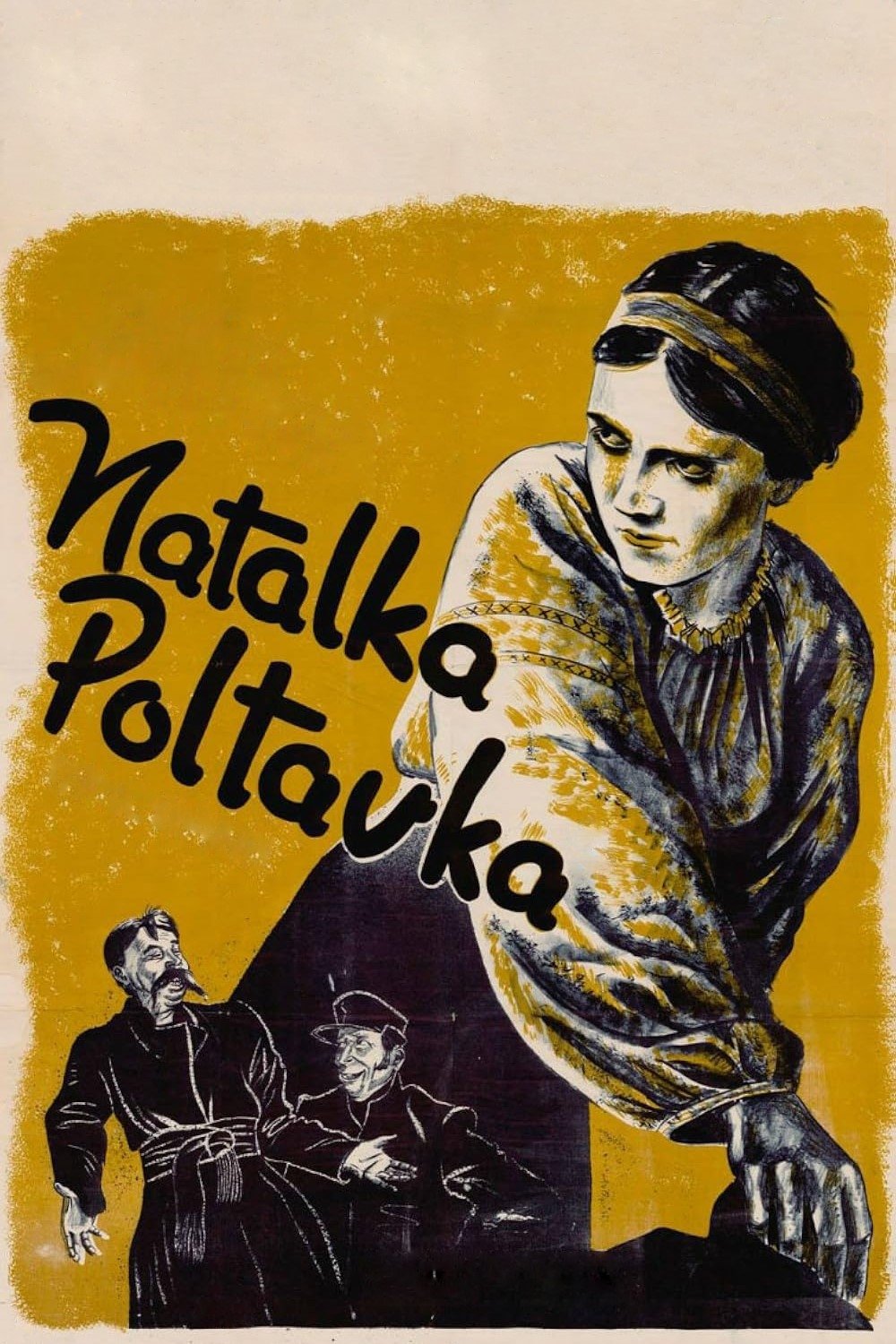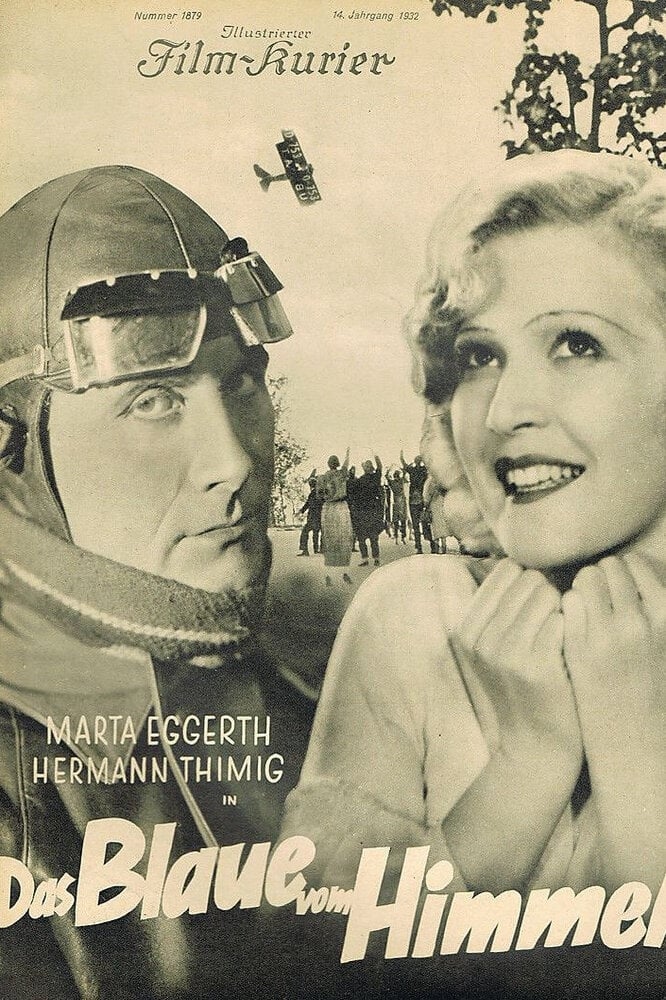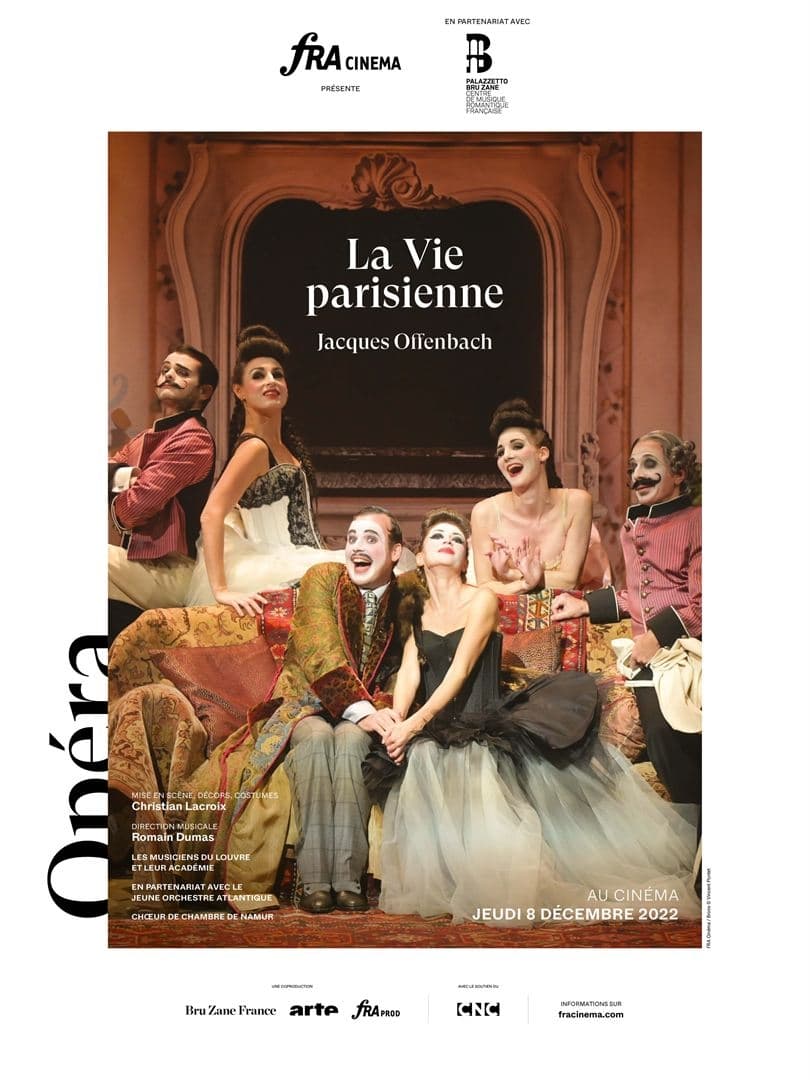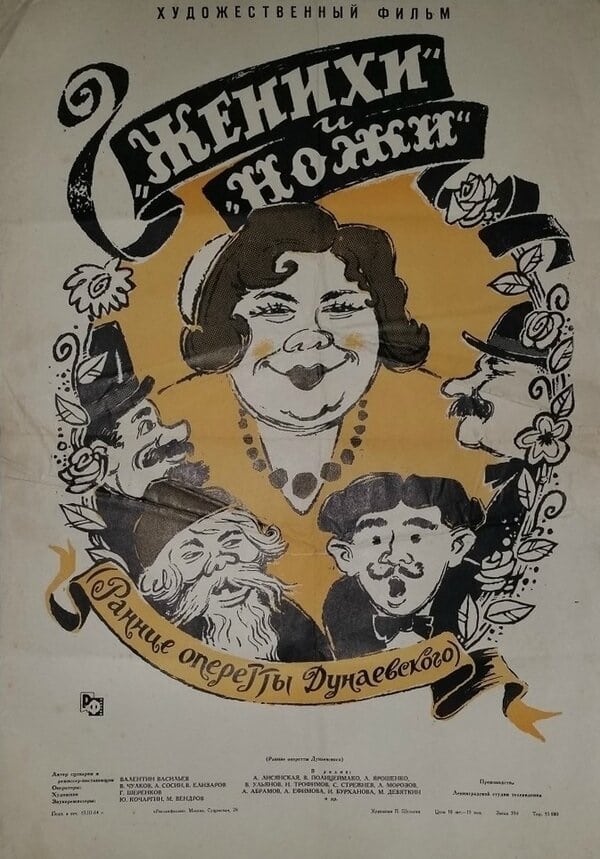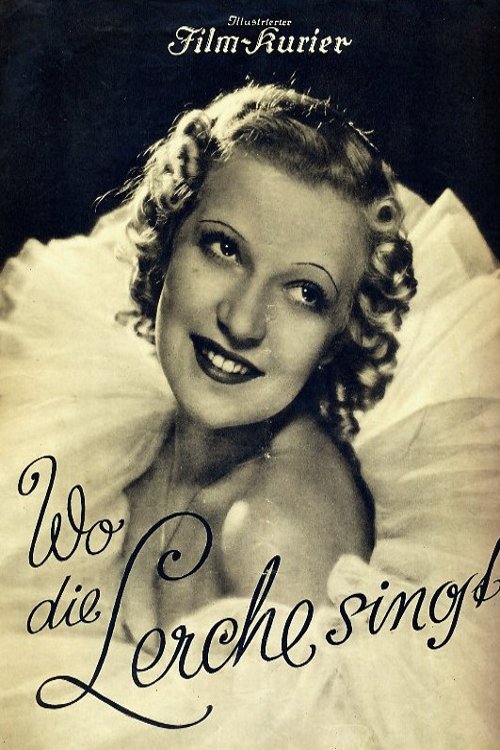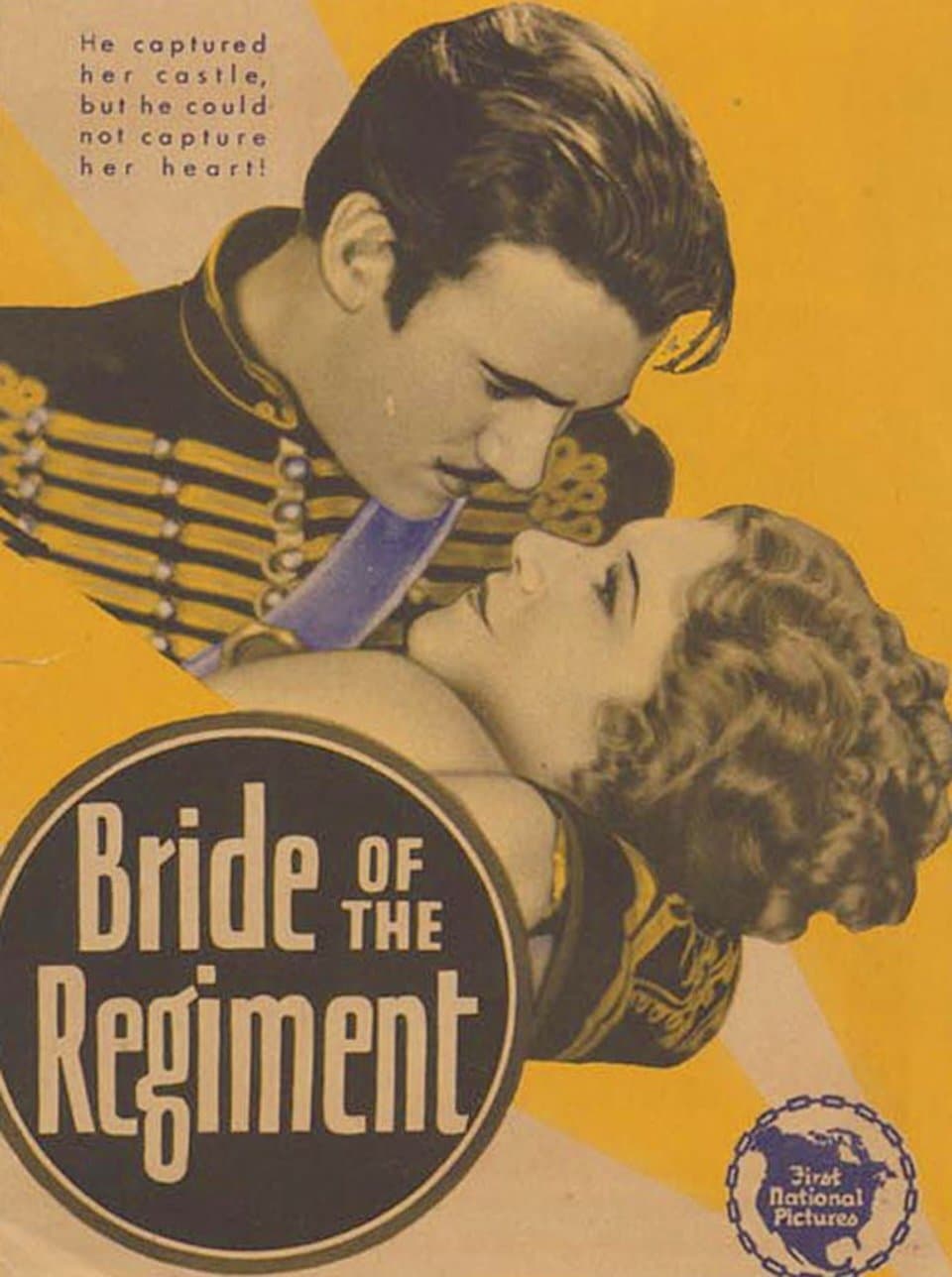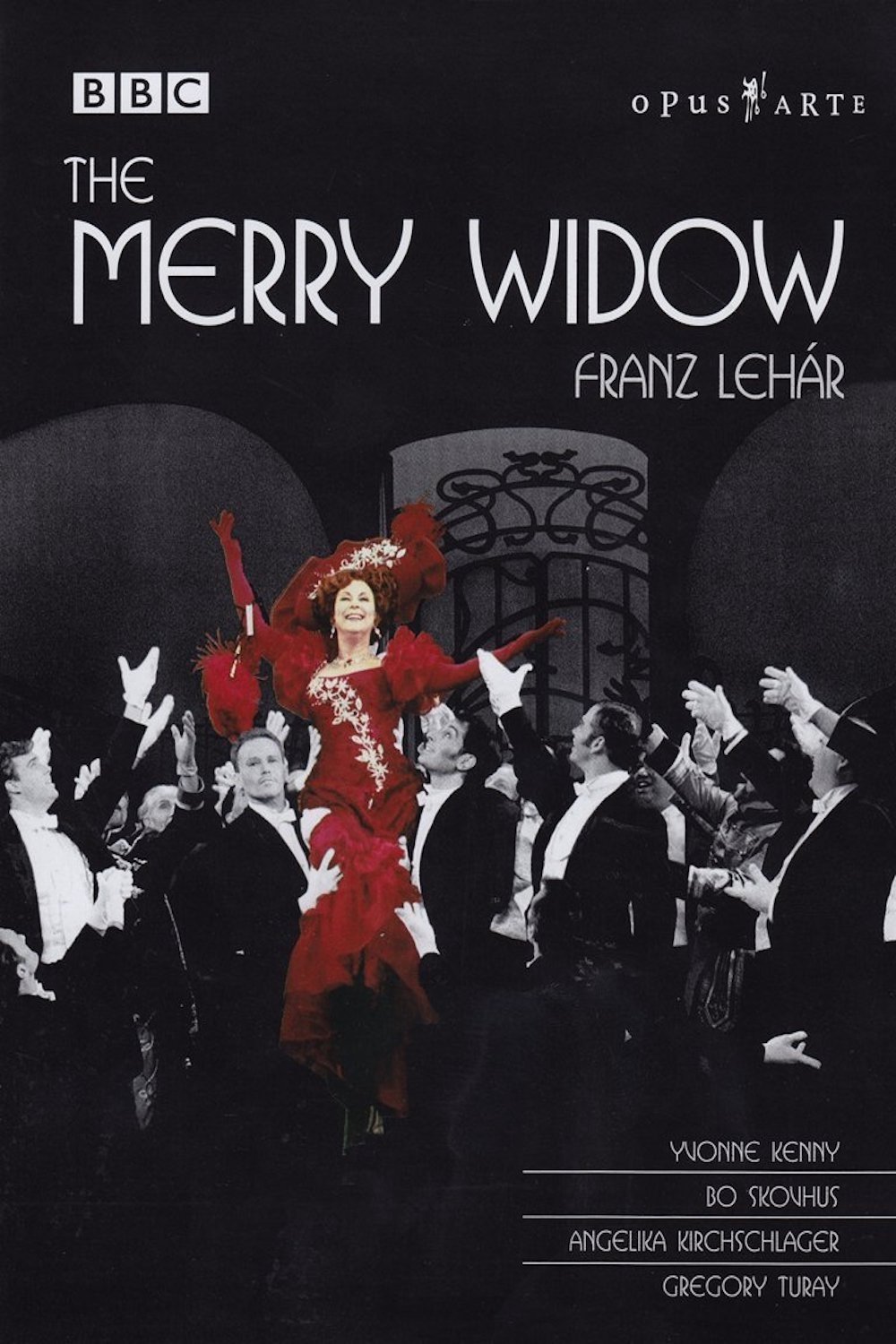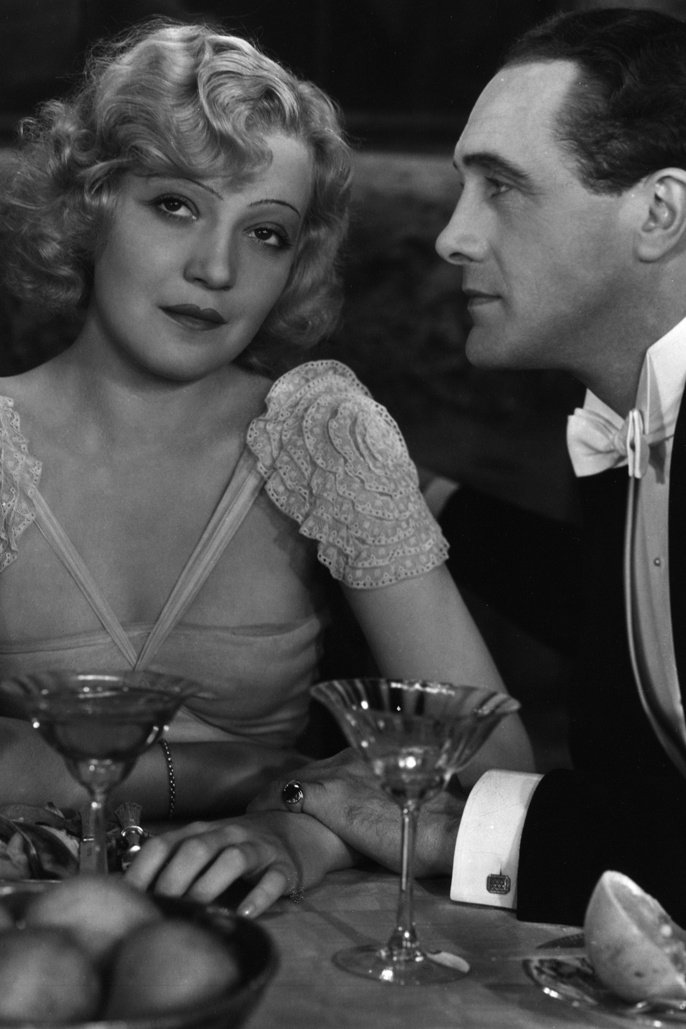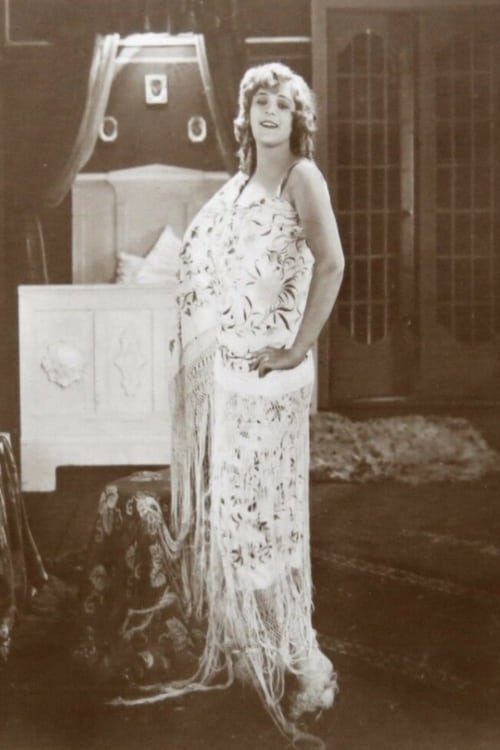Země úsměvů
Watch Movie
Share
Cast & Crew
13 members
Acting
Zlata Adamovská
Líza
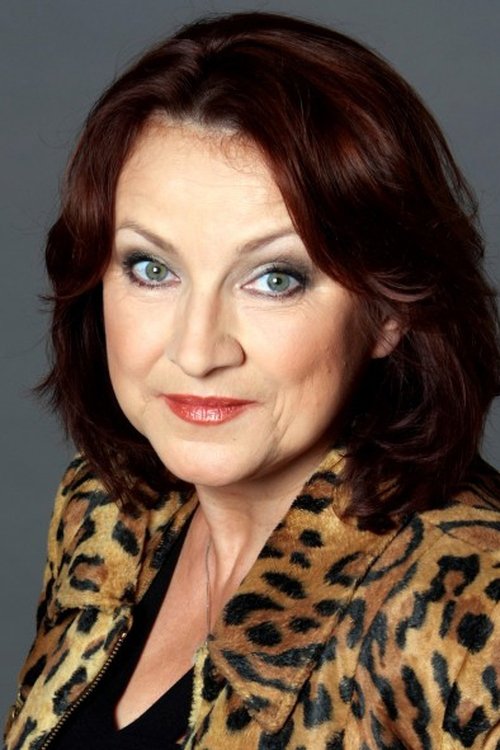
Acting
Gabriela Beňačková
Líza (singing voice)
No Image
Acting
Josef Čáp
Su-Čong
No Image
Acting
Miroslav Dvorský
Su-Čong (singing voice)
No Image
Acting
Veronika Žilková
Mi
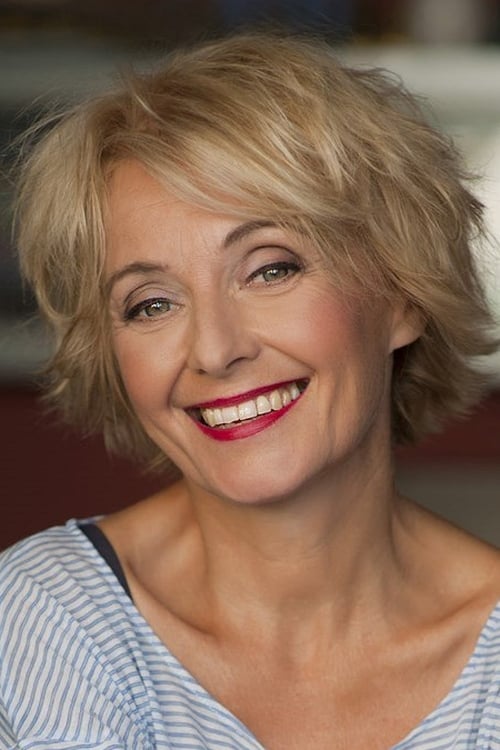
Acting
Jiřina Marková Krystlíková
Mi (singing voice)
No Image
Acting
Jiří Hromada
Gustav

Acting
Miroslav Kopp
Gustav (singing voice)
No Image
Acting
Jiří Joran
Čang
No Image
Acting
Antonín Švorc
Čang (singing voice)
No Image
Acting
Miloš Nesvadba
Chief Eunuch
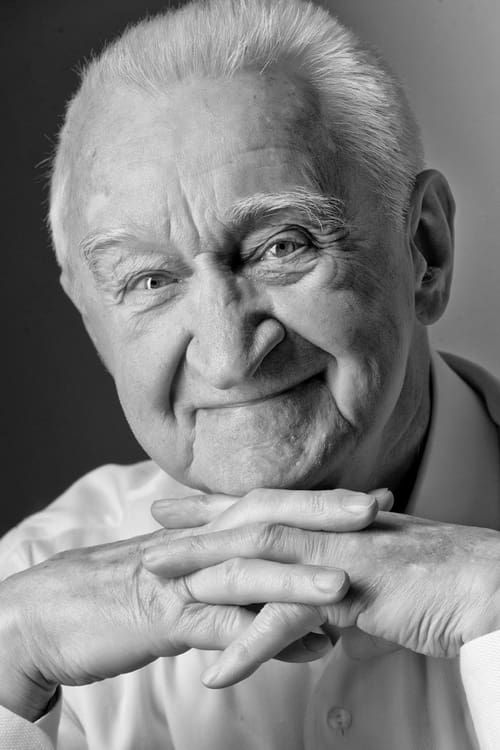
Acting
Věra Macků
Miss Hardegg
No Image
Acting
Raoul Schránil
Count Lichtenfels
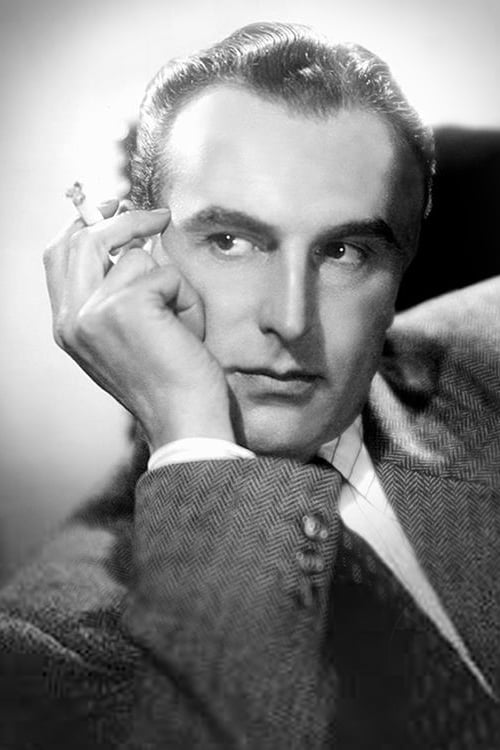
Similar Movies
Recommended Movies

No Recommendations Yet
We're working on finding the perfect movies for you. Check back soon!
More movies coming soon

